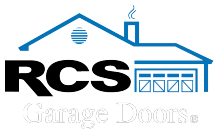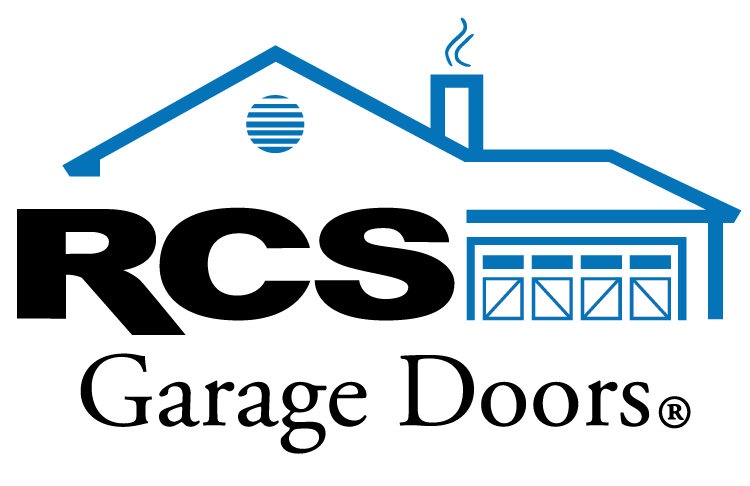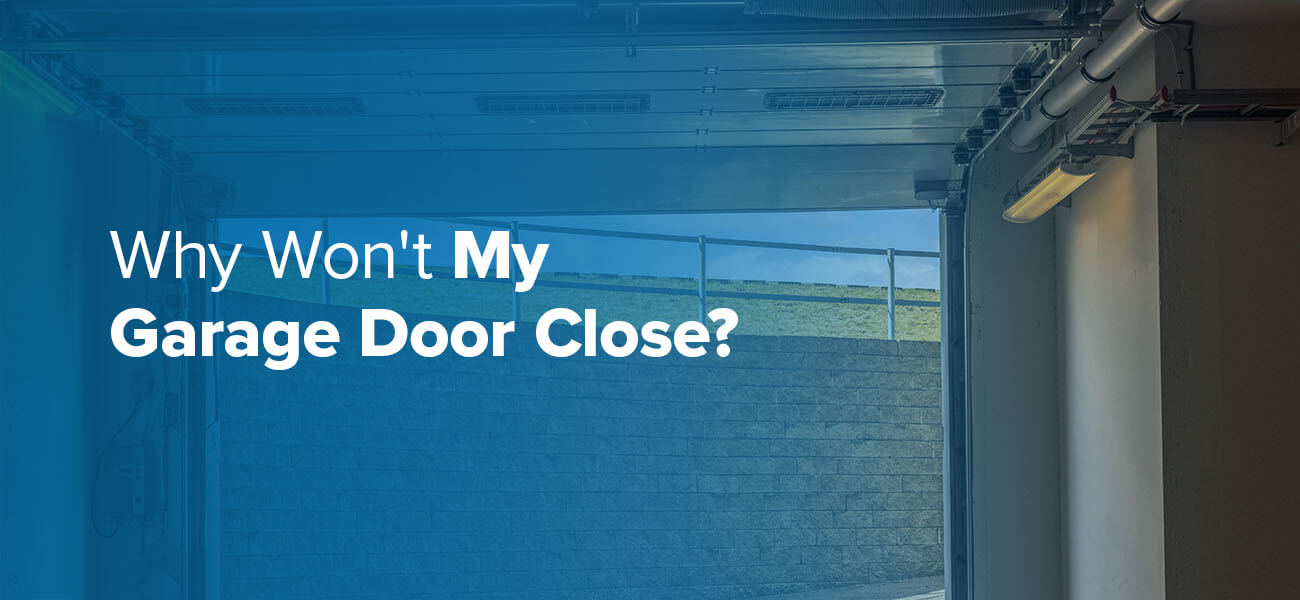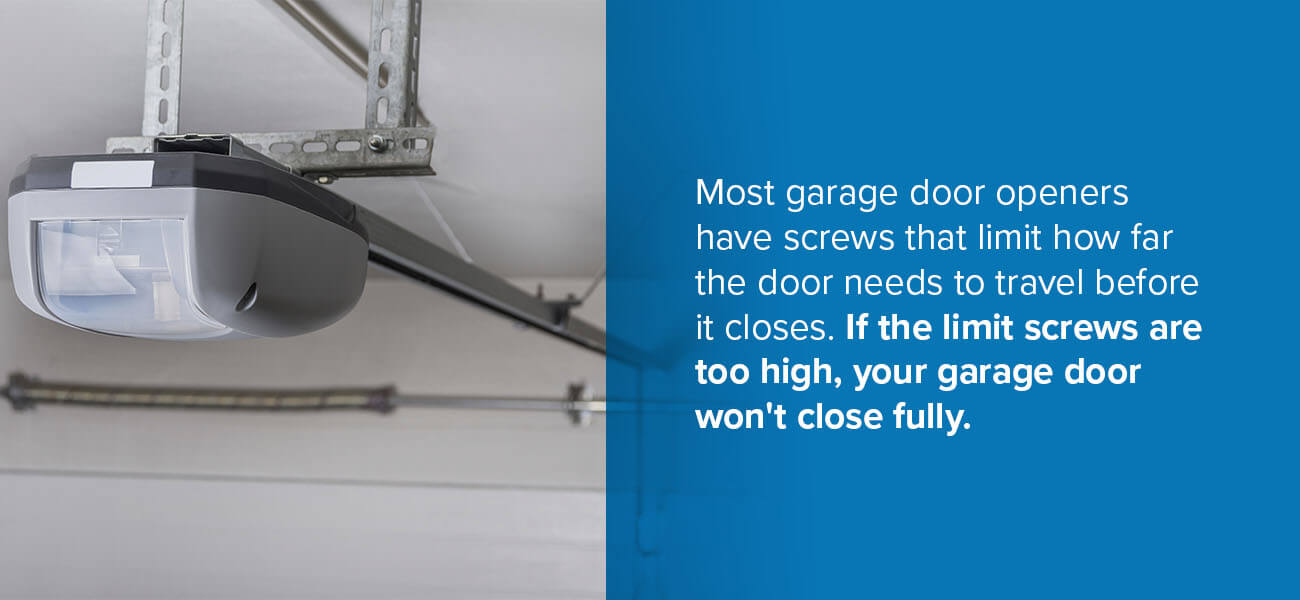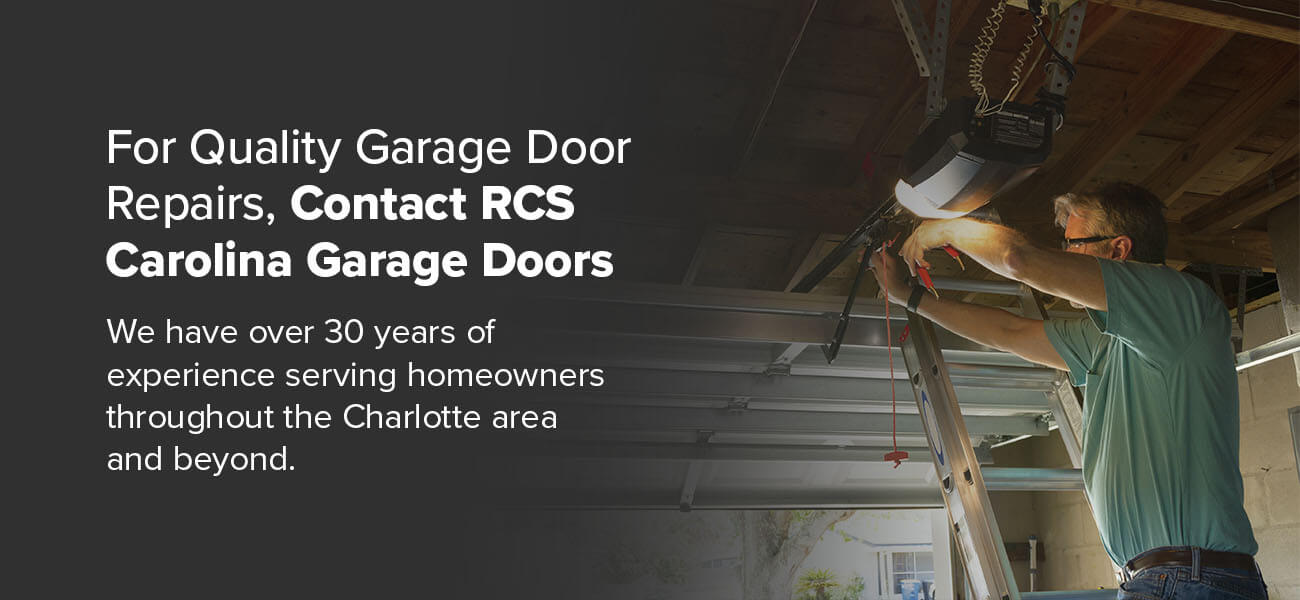When leaving for work this morning or returning home, was your garage door refusing to close? While an uncooperative garage door is inconvenient for homeowners, several possible explanations exist for why your garage door is not closing.
The most typical reasons your garage door won’t close are mechanical issues or a garage door opener motor malfunction. You can repair some of these garage door issues with minor adjustments. Other problems are too complicated or hazardous for homeowners to replace themselves and require the assistance of a local garage door repair company.
Call Our Service Team For Help
Why Won’t My Garage Door Close?
If you’re dealing with a garage door that won’t close, it’s more than a harmless nuisance. Most homeowners store valuable possessions in their garages, such as vehicles, bikes, tools and much more. A garage door that stays open even a little bit invites critters, pests and passersby inside. The purpose of the garage door is to protect your home and belongings from such invaders. So if it isn’t closing, it’s not serving its purpose.
As you look for the cause of your garage door closing problems, note whether the garage door won’t close all the way, won’t close with the remote or if the motor is running but the door won’t lower. If your garage door won’t even close manually, you have a serious problem.
To determine why your garage door is malfunctioning, it’s best to understand the possible causes and try several safe troubleshooting methods. That said, before you go to great lengths to determine the cause, make sure you check the power source! Although this may seem obvious, it’s also easy to forget. Once you’ve made sure the garage door opener is receiving power, check out these common causes of garage doors that refuse to close.
Faulty, Obstructed or Dirty Sensors
One of the most common reasons for a garage door that won’t close is faulty or dirty sensors. Your garage door sensors are located near the bottom of your garage door, approximately 6 inches above the ground. They face each other and send signals across the garage door width. These signals detect any object, person or animal in the garage door path and prevent it from closing.
Sensors are watchful eyes that keep you, your loved ones and your possessions safe. Yet the sensors aren’t foolproof 100% of the time. They may mistake a speck of dirt in their line of sight for something that requires saving, for instance, and heroically stop the garage door from going further. Other times, there may be an issue with the sensors themselves.
A dirty sensor only needs a microfiber cloth and a little water to fix. Likewise, repairing an obstructed sensor only involves removing the obstructing object. A faulty sensor requires increased repair work or replacement.
If the sensors are clean without anything obstructing their view, check if they’re correctly aligned. Misaligned sensors send continuous obstruction signals. They may blink if they’re misaligned. If your garage door still won’t close and your sensors are aligned, make sure they receive power and check the wiring for damage. If the wires are damaged, you’ll need to replace them. If you’ve checked over everything and still can’t find the issue, it’s likely a sensor failure. If so, you’ll need a new sensor.
Bent or Blocked Tracks and Rollers
Your door tracks and rollers provide the pathway for your garage door to open and close. So if either the tracks or rollers are bent or blocked, it may prevent the garage door from closing.
The solution to blocked tracks or rollers is to remove the blockage. Another solution may be to grease the rollers with white lithium or a silicone-based product. If too many rollers are stuck, your garage door may respond like it’s hitting something.
Bent tracks and rollers can occasionally be repaired, but they usually need replacement. If you’re unsure if the bent tracks or rollers are repairable or need replacement, call in garage repair professionals for an inspection. You should also leave repairs and replacements to the professionals.
Travel Limits
Most garage door openers have screws that limit how far the door needs to travel before it closes. If the limit screws are too high, your garage door won’t close fully.
Incorrectly set travel limit screws are easy to fix. All it takes is a screwdriver and turning the screws until they are at the right setting. You can refer to your manual to determine how much you need to turn the screws.
You can find the limit adjustment screws underneath the rear flap or light cover on the opener. There will be one screw that adjusts the upward travel distance and another for the downward travel distance, labeled “up” and “down.” Make sure you use a sturdy ladder to reach the garage door opener.
Broken Springs
Having broken torsion or extension springs is a possible reason your garage door won’t properly close. Springs are designed to last a determined number of cycles before finally wearing and breaking. Torsion springs will last up to 20,000 cycles, while extension springs are expected to reliably function up to 10,000 cycles. Once the springs have broken, it may cause the garage door to become misaligned and not close properly.
If you are at home when this happens, you will likely hear it! Garage door springs sound like firecrackers or gunshots when they break. Due to the danger involved, don’t attempt to open or close a garage door with broken springs. Instead, call a professional garage door repair service to do the job. Attempting to repair broken springs or install new ones on your own can easily lead to further damage or serious injury to yourself or others nearby.
Call Us To Schedule An Appointment!
Worn Cables
Like the garage door torsion or extension springs, cables are also responsible for controlling smooth, safe and reliable garage door movement. Thus, worn cables can also disrupt proper garage door closure. Typically, when the garage door springs break, the cables will need to be replaced. Due to the dangerous nature of replacing garage door springs and cables, a professional should perform the replacement.
Dead Remote Batteries
Sometimes repairing your garage door requires the simplest solution. If you’re pressing the button on your garage door remote but the door won’t lower, then a likely cause is that the batteries are dead.
To be sure, try opening and closing the garage door with the wall switch. Garage door batteries last approximately two years before needing replacement. You can quickly and easily switch their remote batteries by removing the back panel and inserting fresh batteries.
If the remote still won’t operate the door, make sure you’re within range of the opener. If the door closes with the remote when you’re within 20 feet of it, but won’t close when you’re down the street, you’re likely out of the opener’s range.
On the other hand, your remote may need reprogramming. Having a power surge may wipe the garage door opener’s memory. In this case, your remote would lose its connection to the garage door opener.
Reprogramming remotes is a simple process. Using a sturdy ladder to reach the garage door opener, you should find a prominent “learn” button underneath the light cover or rear flap. Press this button until the light flashes, then press a button on your remote. This process should reconnect your remote to your garage door opener. Consult your opener’s manual for your model’s specific instructions.
If a remote is already programmed to the garage door opener, pressing the learn button will erase anything linked to the opener. So if someone recently pressed the learn button, that could be why your garage door is not responding to the remote.
Other Issues
Your instruction manual may hold the key if you remain stumped on why your garage door won’t close completely. Most garage door openers send codes through flashing lights when something is awry.
Count the number of times the light blinks and refer to your garage door opener instruction manual. You should find a legend in the manual that correlates the number of times the light flashed with a specific issue. If you’ve misplaced the manual or can’t see the legend, you should be able to look up the code online.
For Quality Garage Door Repairs, Contact RCS Carolina Garage Doors
For the best, most knowledgeable and reliable garage door repair and maintenance services throughout North and South Carolina, contact your local, skilled experts at RCS Carolina Garage Doors. Our professionals will do whatever they can to make sure you can close your garage door. We have over 30 years of experience serving homeowners throughout the Charlotte area and beyond. We believe in offering our customers affordable, quality garage door services using only the best products and materials available to guarantee lasting, dependable repairs. Request service today!
